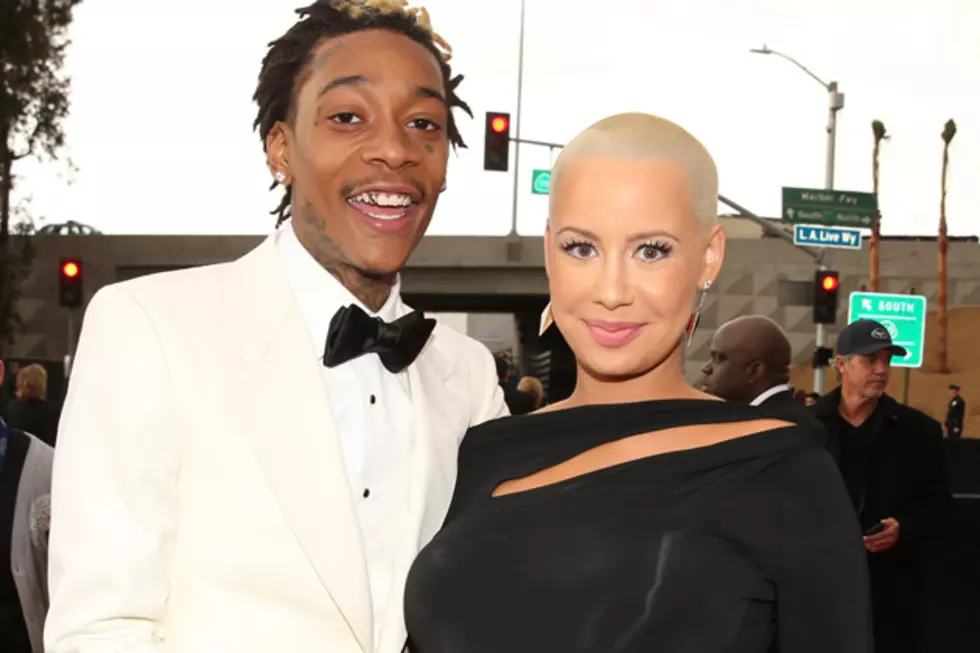
Expert Tips
Beautiful Hanging Basket Tips? Choose plants with trailing stems so that they will hide their container from view when fully grown, or use wire baskets lined with moss for a more natural look. You can also hide a plastic pot by sinking it in a wooden woven basket and hanging it with S-hooks in 3 places spaced equally apart and small gauge chains.
Hang baskets planted with fragrant flowering plants at nose level near the front door for a refreshing pick-me-up when entering and leaving.
Choose plants suited for the same growing conditions for the same basket. Plants such as impatients and ferns which are shade lovers won’t grow well with geraniums that love the sun
Starting Seeding Outdoors? Start your garden early by sowing seeds in containers indoors. Any container that drains well can be used, but many gardeners prefer peat pots or pellets placed in flats or plastic flats with many sections that are sold specifically for the purpose. Either way you choose to do it, you will gain many valuable advantages from growing your own plants from seeds. You get to control all the growing conditions, which can create plants that are healthier and more robust than those purchased in stores later in the season.
Potting soil is important. You can mix your own from sand, organic compost, fertilizer and sterilized topsoil, but most folks opt for the commercially prepared variety you can get in bags from the store. Either way, your growing medium should be free of contaminants and drain well, but should have adequate water holding capacity to provide enough water to the roots of plants.
Before planting your seeds, you’ll want to fill your pots with soil and water well the day before, allowing them to drain overnight. Follow the directions on the seed packet for planting depth and distance apart. A good rule of thumb is to plant seeds no closer together than an inch apart. Place a watertight tray under your pots and water them from the bottom to avoid damaging new seedlings. Keep about 1/4 to 1/2 inch of water in the bottom of the tray at all times.
Put your pots near a window facing south or southwest. Even with that, if it is late winter, you will need to use cool-white fluorescent plant lights. Hang the lights so that they are 2 inches above the tops of the plants and raise them as the plants grow. If you keep your plants from having to stretch up to get enough light, their stems will be stronger and will be better able to support heavy fruits and leaves later on in the season. You’ll want to give your plants 12-14 hours of light per day.
As for temperature, a little bit cooler at night will make your seedlings more robust, so don’t let the heat get above 60° F once it’s dark. During the day, you should have the temperature between 70° F and 75° F. Most vegetable seeds will germinate in that range, but peppers, cabbages and tomatoes will germinate faster if kept more toward the higher end of the range. To increase heat, you can use a heating pad on its lowest setting under the tray the pots are in, but be sure to shut it off at night.
Thin your seedlings when they are about an inch tall and each have 1 pair of leaves. Use tweezers or small scissors to clip them off at the surface of the soil. This will avoid damaging the seedlings you want to keep. Thin them so that there are no more than 3 strong seedlings per 2 inch pot.
Once plants have formed their first true leaf, fertilize them every time you water with a water soluble plant food that has been mixed with double the amount of water normally used. Water every 7 to 10 days.
Sometimes, soil borne fungi can cause a problem called “damping off”. This occurs when the seedlings get dark at the soil line, fall over and die. If this happens, your soil wasn’t sterile. Always use sterile potting soil for starting seeds. Letting the surface of the soil dry out in between watering can help prevent this problem also.
If insects should happen to infest your seedlings, a pesticide or insecticidal soap may be sprayed on them, but be sure to follow package directions for seedlings, not full-grown plants, or you may burn the leaves.
More From KISS 104.1
![Miley Cyrus + Liam Hemsworth Reunite in Canada But Don’t Look Too Thrilled About It [PHOTOS]](http://townsquare.media/site/555/files/2013/03/Liam-Miley1.jpg?w=980&q=75)

![Mariah Carey Dislocates Shoulder During a Video Shoot [PHOTO]](http://townsquare.media/site/555/files/2013/07/Mariah-Carey-hospital.jpg?w=980&q=75)






